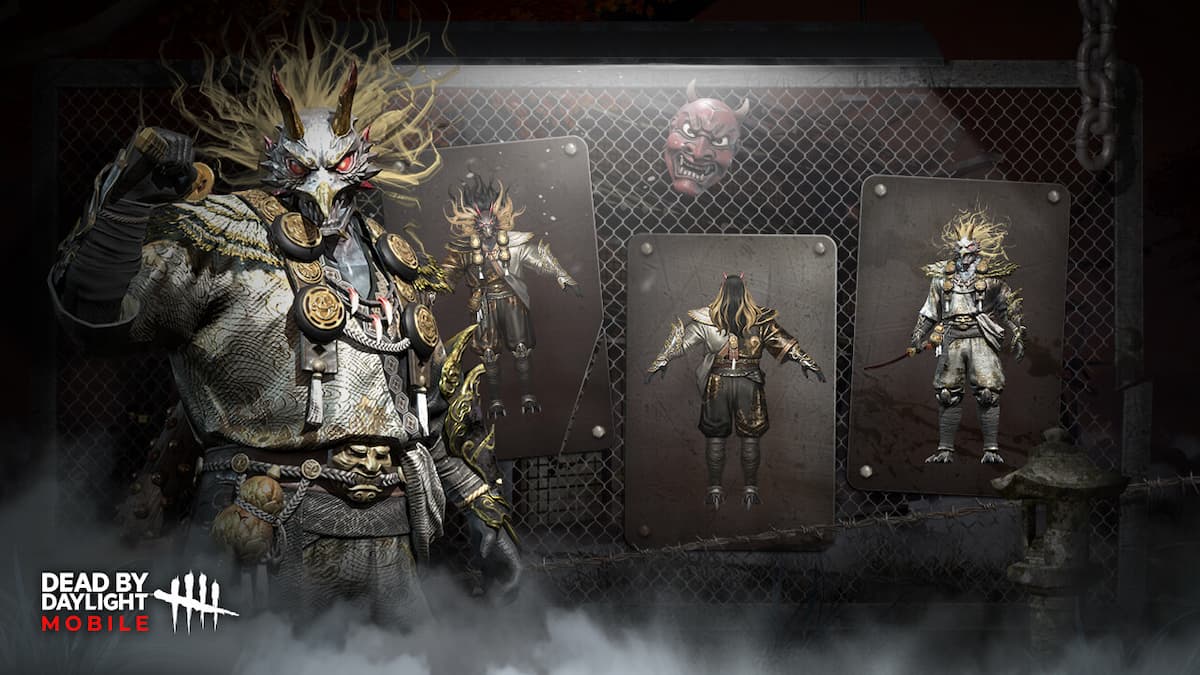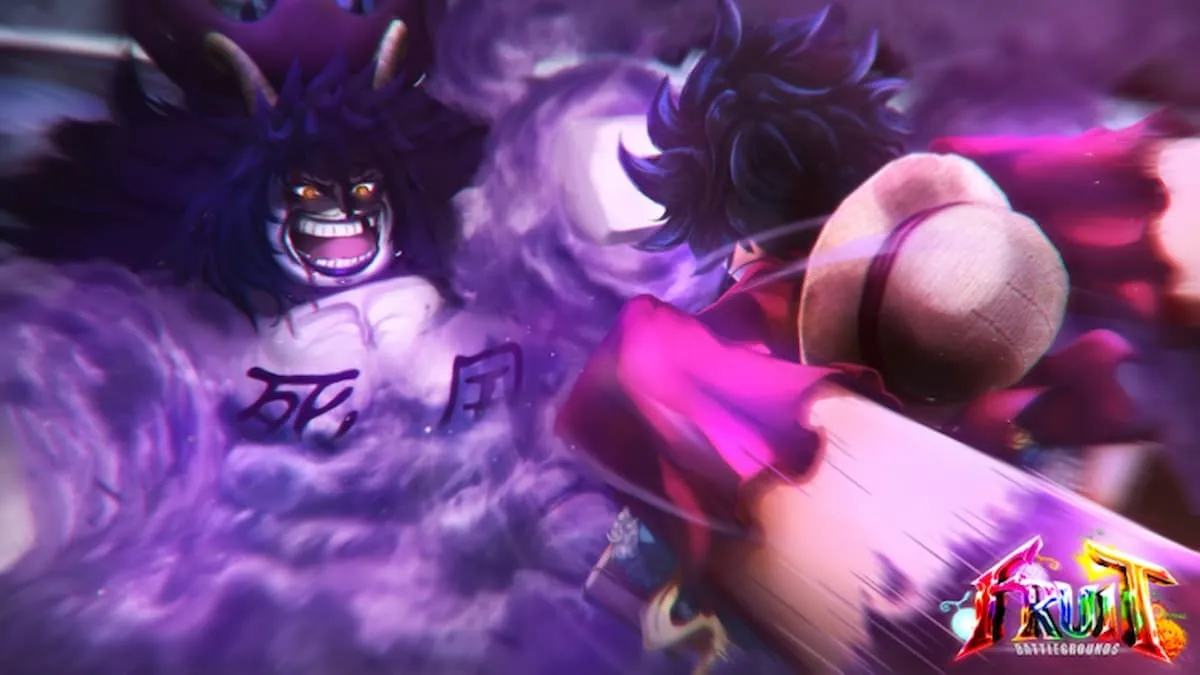In part one I covered gathering, leveling, and skills. These are the basics that you need to understand before you start crafting. In this guide I’ll explain the crafting, improving, and deconstructing in detail.
Crafting:
Crafting is generally very simple, but the menu makes it seem complex.
Refine:
This is technically a part of the crafting step, though it’s got it’s own category. Basically from here you’ll take all your ore and turn it in to ingots. You can also receive other items from doing this as well if you’re lucky. This is one of three ways that I know of to receive tempers.
To refine ore, you need 10 of the ore you’re trying to refine. Double click or right click and select add to make your selection and press the R button to refine the material. Yielded materials appear in the middle of the screen.
Creation:
For Blacksmithing you have two types of creation, weapon and apparel. Both of these are set up identically. Within one of these tabs you have four sub categories; type, material, style, and trait.

- Type: Type determines what item you’re actually creating. You can cycle through the list for anything from a single-handed axe to a greatsword under weapon. Similarly, you can cycle through cuirass to girdle on apparel.
- Material: This determines the level of the item you’re crafting. Changing the material or the amount used will determine exactly what level item you create. You can create items ranging from level 1 to Veteran Rank 10.
- Style: Style affects the appearance of an item. To unlock a style you must find the racial motif book for that style and use it. You do not have to find the motif book for your race. There are also a few, for races that don’t seem to exist in game. Ancient Elf being one of those styles. On top of needing to learn the style, you also need one style material per item from a style you know to craft. For example, crafting in the Imperial style requires 1 Nickel per craft.
- Trait: Traits are learned by researching. Once learned, specials gem stones are needed to apply the traits. For example, to apply the Training trait to items you need Emeralds for apparel and Carnelian for weapons.
Deconstruction:
Of the two uses for deconstruction, I’ve already covered leveling in part one. In this section I’ll cover material salvaging. Salvaging random items you pick up can greatly increase your material resources, as items break down into ingots and not the ore. The ingot obtained is based on the item’s level.
Salvaging items also has the potential to yield other items such as; style materials, trait stones, and tempers. Tempers are hard to come by, and only seem to salvage from green items or higher. Using the Metal Extraction skill for deconstructing items is a great way to stock on the materials you need. For more details on Metal Extraction check part one.
Improvement:

Improvement is used more for end-game gear, not so much for while you’re leveling up. Using tempers grants you a chance to increase the quality of an item. If you fail to improve the item, you lose the tempers you used and the item. However, there is no reason to fail an improvement.
Each temper used increases the possibility of improving the item by 20%. You can use up to five tempers per attempt, effectively increasing the chance to 100%. If you are worried about losing an item and don’t have enough tempers to guarantee your success, just wait. Use Temper Expertise to significantly boost your chances at improving an item.
Tempers:
- Honing Stone: Increases quality from Normal to Fine.
- Dwarven Oil: Increases quality from Fine to Superior.
- Grain Solvent: Increases quality from Superior to Epic.
- Tempering Alloy: Increases quality from Epic to Legendary.
That wraps up part two of my Blacksmithing guides for Elder Scrolls Online, be sure to check out part three. For more guides, head over to the ESO Team directory.






Published: Apr 4, 2014 11:25 am